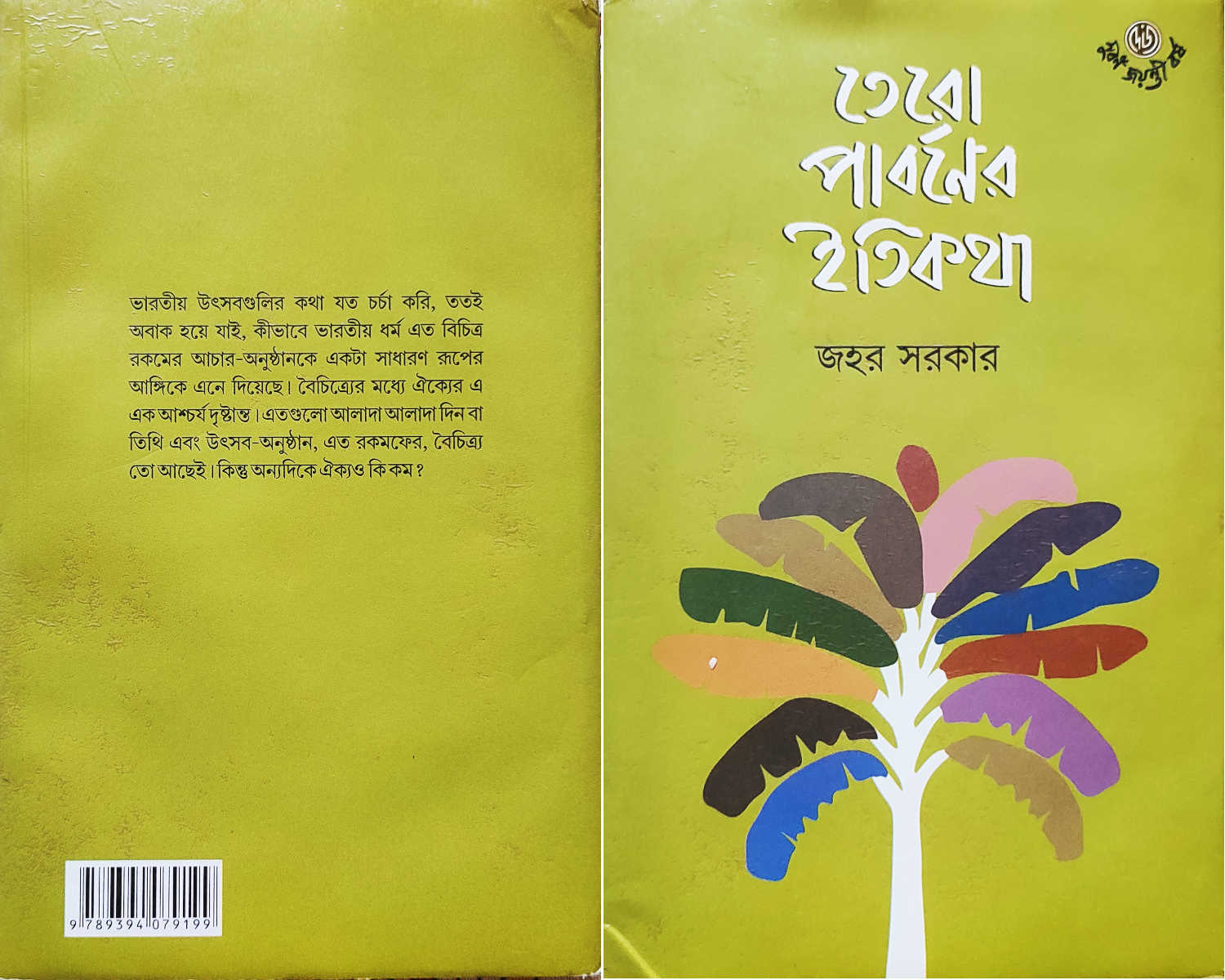Jawhar Sircar is a public intellectual based in Kolkata who was elected by the Trinamool Congress as a Member of Parliament (Rajya Sabha) in August 2021. He resigned as MP in September 2024, in protest against the Trinamool Congress government’s controversial handling of a hugely popular 10 week long citizens’ agitation in Bengal.
During his 3 years as an MP, he took a proactive role in standing up against right-wing authoritarian forces that run India’s intolerant majoritarian government since 2014. He was a member of important parliamentary committees to examine laws on the freedom of the media, including social media and on bio diversity as well as forest conservation. He joined parliamentarians who sought to check the governmental surveillance through the internet and other electronic modes.
An IAS officer with 4 decades of experience, both at the Centre and in West Bengal, Sircar has been India’s longest-serving Culture Secretary and then the CEO, Prasar Bharati that administers Akashvani & Doordarshan. He resigned from the latter post because of his sharp differences with PM Modi and the BJP.
He has studied at St Xavier’s School, Presidency College and at the universities of Cambridge, Calcutta and Sussex.
He is the immediate past Chairman of the Centre for Studies in Social Sciences, Kolkata, one of India’s premier research and teaching institutes. He is actively involved in research, writing and public speaking, as well as in public advocacy and political activism for civil liberties.
Latest Tweets
Latest Bengali Articles
[ View All ]
Latest English Articles
[ View All ]
Latest in News
-
22Feb2026Published in Anandabazar Patrika15Feb2026Published in The Telegraph Online13Feb2026Published in YouTube01Feb2026Published in Mathrubhumi
Latest in Interviews
-
17Jan2026Published in India Today Youtube Channel09Jan2026Published in The Wire Youtube Channel01Jul2025Published in Ayomoy, July 2025
Latest Publication

‘Tero Parbaner Itikatha', published in February 2022, is a collection of Bangla essays that describe several interesting facets and anecdotes of Hindu, Muslim and Christian festivals of India. It covers quaint customs and fascinating practices from around the country and the different Asian countries to which they were exported.
What strikes us that despite so many local differences and the uniquely regional flavour of each festival, especially the Hindu one, there is an underlying theme of ‘Unity in Diversity' that is so evident. This is a remarkable feature of the cultural fabric of India.
Over several centuries and through patient efforts, indigenous practices became seamlessly integrated within pan-Indian or brahminical customs to create a fluid interface. The worship of the divine mingled easily with carnivals and joyous festivities and even the primordial was not ever discarded.
